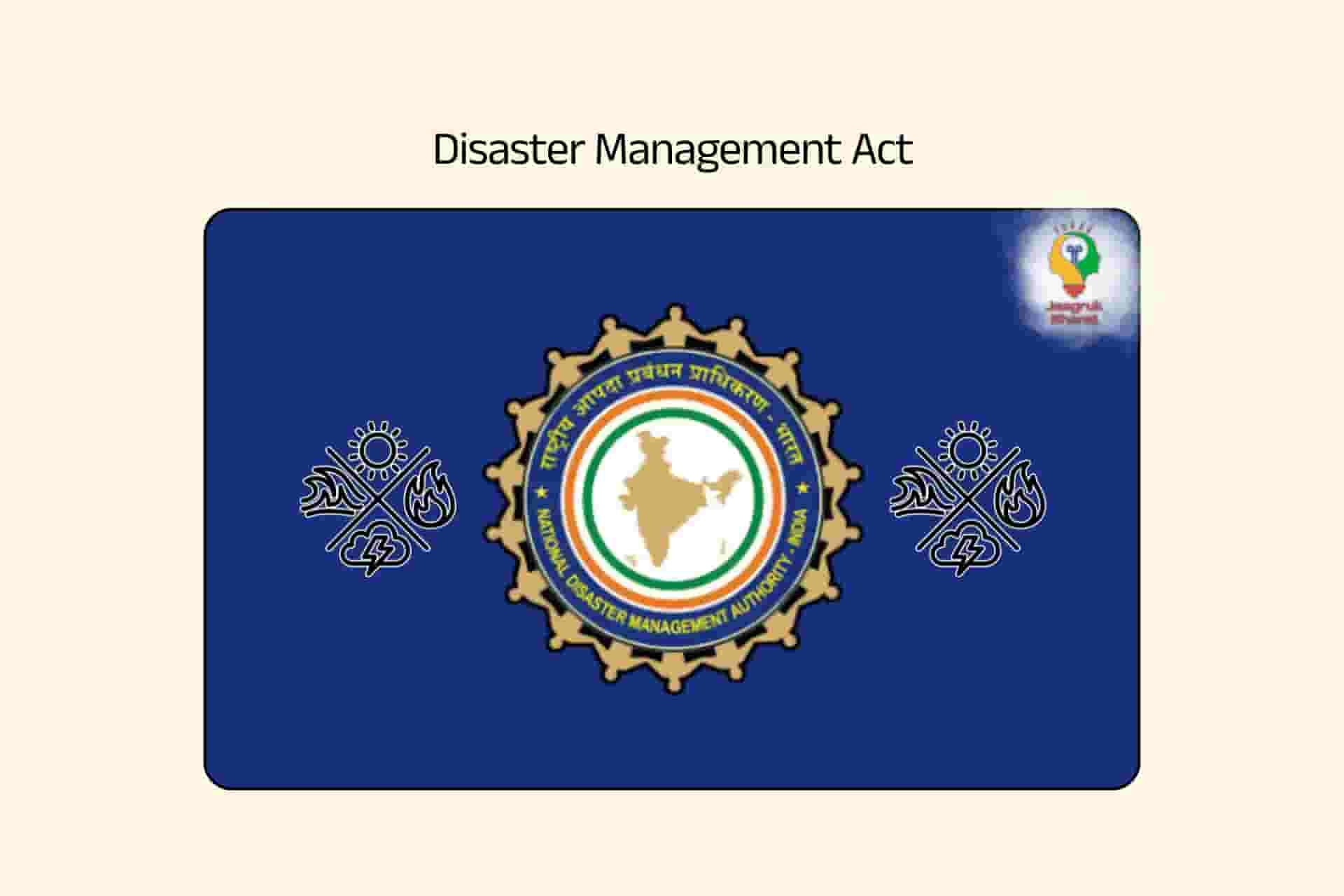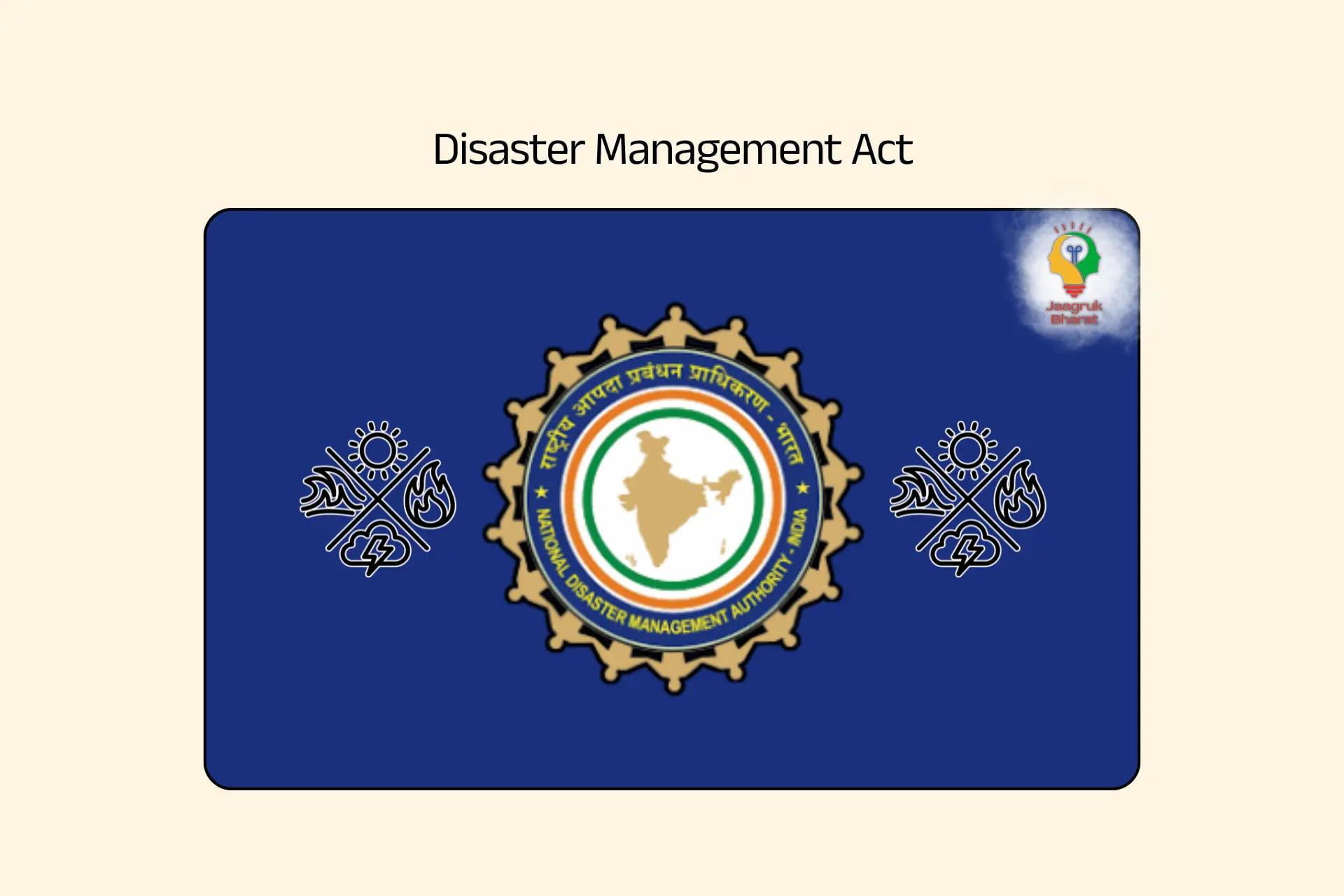Parliament Passes Amendments To Disaster Management Act: Focus On Proactive Measures And Transparency
Updated: 21-09-2025 at 7:29 AM
2k


On March 19, 2025, the Parliament voted on and accepted changes that were made to the Disaster Management Act of 2024 to make disaster response and preparedness in India more efficient. It was first accepted in December 2024 in the Lok Sabha and later in the Rajya Sabha, receiving approval. The changes are, according to Union Home Minister Amit Shah, aimed at improving modern concepts of institutional accountability and addressing climate change-associated disasters.
Read More: Budget 2025: Latest Tax Rates And Holding Periods For All Assets
Key Features
| Feature | Details |
|---|---|
| Proactive Approach | Shifts focus from reactive disaster relief to proactive and innovative management. |
| Strengthened Institutions | Enhanced powers and responsibilities for NDMA and SDMAs. |
| Urban Focus | Empowers states to set up Urban Disaster Management Authorities (UDMAs). |
| New Databases | National and state disaster databases to be developed for efficient tracking. |
| State Response Forces | States are allowed to create State Disaster Response Forces (SDRFs). |
| Accountability Provisions | Sections 6, 10, 18, and 22 fix responsibility for negligence and non-compliance. |
| Penalty Clause Introduced | Section 68 specifies penalties for failure in disaster response duties. |
| Increased Funds Allocation | Central assistance tripled to ₹2 lakh crore (2014–24). |
Objectives Of The Amendments
The latest changes in disaster management plans seek to enhance system accountability, responsiveness, and preparedness. These modifications emphasise local empowerment and climate resilience for better protection of life and property.
-
Institutional Accountability: Foster more responsibility and openness in disaster response institutions.
-
Decentralisation: Delegate power to the state and city levels for local disaster interventions.
-
Climate Readiness: Respond to new potential dangers resulting from climate change and global warming.
-
Zero Casualty Goal: Anticipate and respond to disasters to achieve zero casualties.
Major Highlights From Amit Shah’s Address In Rajya Sabha
Here’s the speech breakdown from Amit Shah’s address in the Rajya Sabha about the recent changes in disaster management. The speech highlighted collaboration, funding support, and preparedness within all tiers of governance.
-
The amendments do not centralise power but rather enhance coordination between the Centre and the States.
-
Introduced an award for excellence in disaster management at the national level and the Subhas Chandra Bose Disaster Management Award.
-
Introduced New funding structure based on the 15th Finance Commission recommendations.
-
The budget for the State Disaster Relief Fund (SDRF) went from Rs 38,000 crores during 2004–14 to Rs 1.24 lakh crores during 2014–24.
-
The National Disaster Relief Fund (NDRF) budget also experienced growth from Rs 28,000 crores to Rs 79,000 crores during the same period.
Read More: Lok Sabha Passes Banking Laws (Amendment) Bill: Key Changes Explained
Operational Achievements Of The NDRF
The National Disaster Response Force (NDRF) has progressed well in strengthening India's disaster management capabilities at the national and international levels. The way NDRF performed at the operational level is characterised by professionalism, swiftness, and increasing global confidence.
-
Currently, 16 NDRF battalions are fully operational.
-
Nepal, Turkey, and Vietnam international relief operations have been executed successfully.
-
Improvement in Inter-Ministerial report submission is being noticed, which leads to lesser response times.
Conclusion
Through these modifications, India is shifting towards a more proactive and adaptive climate and disaster management approach. The central government intends to protect citizens and infrastructure through effective emergency responses by bolstering institutions, reallocating funds, and enforcing accountability across various sectors. This new revision goes beyond being just an update in law; it is an overarching commitment to zero-casualty disaster response while concurrently building long-term climate resilience for the nation.
Join the conversation and stay informed! Visit the Jaagruk Bharat community page and be part of an active, engaged community as we work day and night to bring information to your fingertips.
0
0
2k
0
0
2k Views
0
No comments available





Our Company
Home
About
T&C
Privacy Policy
Eula
Disclaimer Policy
Code of Ethics
Contact Us
Careers
Cancellation & Refund Policy
Categories
Women
Insurance
Finance
Tax
Travel
Transport & Infrastructure
Food
Entertainment
Communication
Government ID Cards
E-commerce
Traffic guidelines
Miscellaneous
Housing and Sanitation
Sports
Startup
Environment and Safety
Education
Agriculture
Social cause
Employment
Disclaimer: Jaagruk Bharat is a private organization offering support for documentation and government scheme access. We are not affiliated with any government body. Official services are available on respective government portals. Our goal is to make processes easier and more accessible for citizens.
All Copyrights are reserved by Jaagruk Bharat